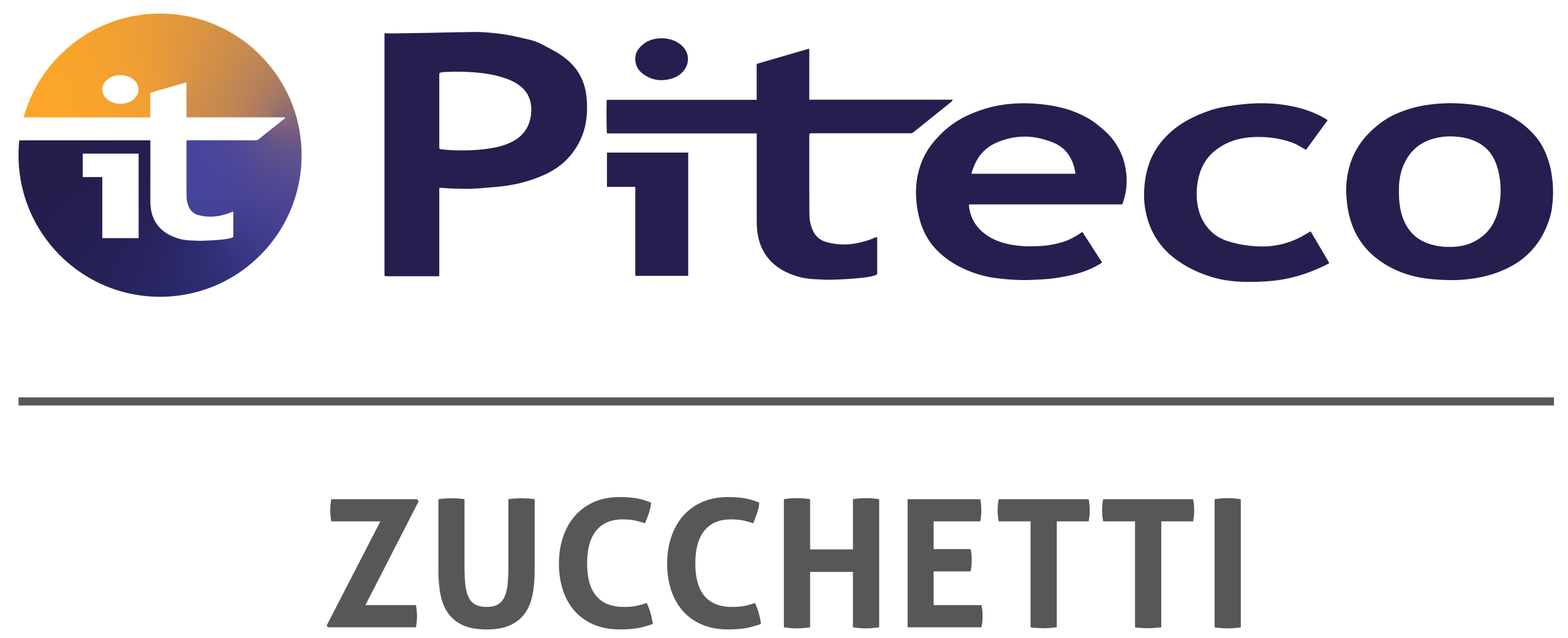The many right-hands of the CFO, trained by Piteco with Artificial Intelligence
1 october 2021
Anyone who is in charge of corporate treasury has seen a great number of changes over recent years.
Anyone, like us, who has been in the business for forty, with a leading and specialised role, has seen all of these changes. Regulatory changes and, above all, technological ones that have allowed for many new possibilities and as a result new expectations and new attitudes.
From the mainframe to Artificial Intelligence, with the intention of specifying the starting point and the finish, even if it is still just a stop. From the software that helped in the performance of few business processes, like managing current accounts and loans, to the dozens of software modules that cover all the business processes: collections, every type of payment, bonds and a financial planning that is very advanced for today.
Software becomes an actual component of the finance team. An infallible assistant that collects timely information and that offers the CFO valuable interpretations for defining the best management strategies.
No longer just banks
The representative of companies for financial services is no longer just the bank; today, there are new players for implementing different types of solutions. Over the last five years, the topic of the management of the finance chain among companies and suppliers was particularly sensitive to innovation, because the fintechs inserted themselves in this context and, consequently, even the most traditional operators have evolved.
Several services first applicable only to the consumer world or for payments of limited amounts, like those for credit cards, have become available also to manage B2B transactions of considerable amounts. The introduction of different payment solutions from which it is possible to draw significant advantages, just like the growing options of use of money, makes it necessary to have a Treasury Management System able to guarantee the company the proper implementation of new standards that are spreading in the market.
The great challenge for companies today is finding the right financial equilibrium in an economic context that is becoming increasingly complex both due to the uncertainties of the markets and for the increasingly well-structured possibilities that technology reveals as management instruments.
Financial managers are, and will be, always more, called to identify new management models of corporate treasury for the implementation of the company’s best monetary policies, so as to ensure constant cash flow and to identify new sources of procurement for the company’s expansion and growth. The goal is obtaining financial and procedure benefits, greater control, increased transparency and improved flexibility. All, of course, in total security.
Piteco inserts itself into this context with the constant implementation of solutions that, thanks to the in-depth knowledge of business and bank processes, leads to a new level of corporate financial strategies governance, using the most advanced and efficient AI algorithms.
Strong skills, resulting from Piteco’s long history and from its continuous experience with customers in various sectors of the market, as well as from its being part of the Deda Group, committed daily in the country’s digitalisation.
Supply Chain Management for the right financial equilibrium
To obtain the right financial equilibrium it is necessary to achieve two objectives.
First, helping the company gain visibility of daily financial and perspective positions. Second, it is necessary to allow companies to automate processes, with the resulting advantages for effort, people and security.
To make it possible for a company to be aware of its financial position for the following week, the following month or the following quarter, the first thing that is required is to precisely and quickly process cash flow, expense and payment information with precision and speed, assessing and weighing all the relative elements of uncertainty.
Next, it is necessary to understand which instruments and resources to turn to in order to face the impact of the increasingly numerous variables able to generate potential negative effects. Or, on the other hand, capable of maximising the return of positive effects, by also acting on the stability and support of the chain of suppliers and partners.
In Italy, and globally, 2020 – according to the data from the Osservatorio Supply Chain Finance of the Milan Polytechnic University, in which Piteco has also been a participant for various years – was the year of Supply Chain Finance, becoming for many large business organisations an essential instrument to ensure liquidity and support to the chain.
The emergency has accelerated the development of innovative solutions aimed not only at big corporations but also small companies and has pushed the growth of start-ups offering services directed to a supply chain credit market that, in 2020 in Italy, is estimated to have reached between 450 and 490 billion euro. Only a fourth of this huge demand is already satisfied, though. This means that the sector has a great potential for development which the operators are already committed to filling with structured solutions that the companies will have to knowledgeably choose for their needs.
The many right-hands of the CFO (today also for medium-sized businesses)
Piteco, constantly committed to the integration of innovative solutions, is recognised by the market as a player able to support the finance team in the interpretation and use of these products as levers for viewing as well as for financial strategic management within the Treasury processes.
We help the CFOs of large national and international companies use the technology to have a distinct and integrated view of all the information and services offered by the financial ecosystem: organising them in processes, managing them with specifically-built software solutions, guaranteeing high levels of security, by now recognised as one of our differentiating elements.
This is the undeniable added value discovered by those who use us and that has allowed us to conquer and maintain market leadership in an always more complex context.
A result achieved thanks to the progressive and efficient expansion of our scope that today allows us to oversee all the many aspects regarding the subject of treasury: from the management of current accounts, with which liquidity is monitored, to that of all forms of cash collection (loans, short or medium-long term), from the different forms of cash investments to the management of organisations operating in particular market sectors (bonds, sureties), from payment management and from the various collection means, to cash collection and financial planning.
It can be said that for the completeness of the approach and of the solutions developed we are the right-hand of the CFO. And we are able to be the CFO’s right-hand precisely by responding efficiently to the many complexities that characterise the management of large corporations.
With the standardisation of our solutions and with significant investments on cloud platforms we have recently widened our market and we are now able to offer our services also to respond to the just as complex, while diverse, needs of smaller businesses: for them, an efficient and effective management of treasury is even more crucial because it can make it possible to seize important growth opportunities.
Financial Planning and Artificial Intelligence
The year 2021 is a year of transition as well as recovery. During these months, businesses are thinking of an internal reorganisation to ensure a certain financial stability and to best manage expected difficulties on collection times, avoiding, therefore, liquidity crises. The current context makes, therefore, the adoption of new instruments even more crucial to cope with an improved credit management and to implement a correct and effective financial planning, even in compliance with what is provided for the Italian SMEs by the Corporate Crisis and Insolvency Code.
The innovation undertaken by Piteco regarding financial planning today has all the trimmings of Artificial Intelligence, because the future of treasury evolves with forecasts, financial analysis and payment management with Artificial Intelligence.
The software is already able to acquire the granular data of the ERPs relative to schedules and orders and to generate repositioning simulations of receivables and payables – the so-called what if actions – considering the postponements relative to collections and payments per clusters of customers and suppliers, business and contract sectors.
The automation of these analyses and of these resulting scenarios is progressing constantly and the final objective is to lift the finance team from the duty of starting the work and controlling the development scenarios: this way we provide the most accurate picture possible with which to make the best decisions among the various optimisation settings offered by the system.
The Financial Planning suite by Piteco has entered a new evolutionary phase thanks to machine learning and Artificial Intelligence algorithms and logics. A decisive role will be interpreted by the synergies that will be developed also following the recent arrival of the parent company Deda Group ORS – owner of the platform that represents the state of the art Digital Twin for simulation, optimisation and synchronisation of business processes.
Piteco, therefore, aims to cancel form the terminology of CFOs the fearsome response: “it was not foreseeable” and substitute it with “we had anticipated it and we prepared for it in advance“.
Paolo Virenti,
Chief Executive Officer, Piteco


